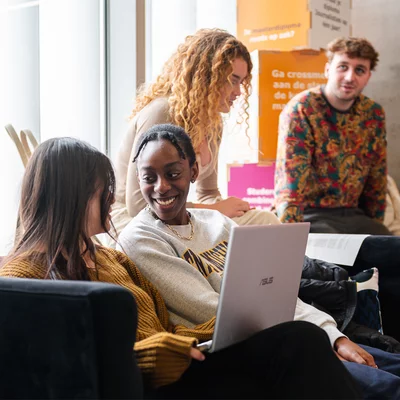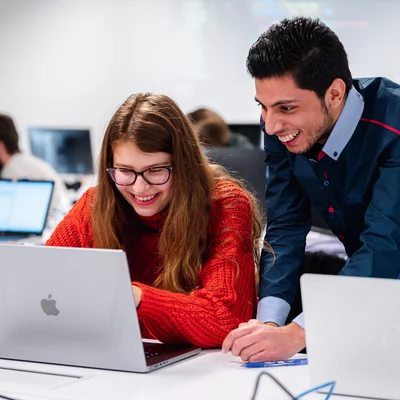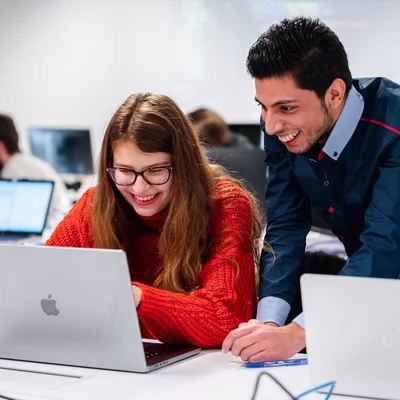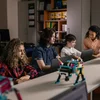
Future classroom
More and more schools are using a broad variety of modern technologies in their (innovative) didactics. Online learning platforms, cloud applications, book widgets, blended learning and more belong to the daily teaching practice. And then there is the rise of artificial intelligence like ChatGPT. Via this programme, we research how we can support teachers in their digital growth.
We help them to adopt a positive approach towards digital transitions and we let them reason about the options and pitfalls of the technological innovations. Our desire? Resilient teachers who consciously use digital transitions and who are able to make considerate use of technology in their teaching practice.
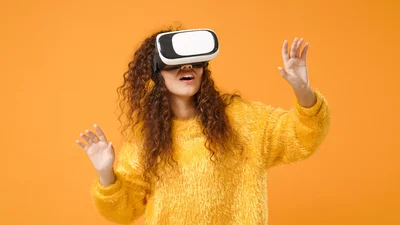
Digital transitions, the teacher and student in the epicentre
What are we researching and for whom?
How can we provide optimal support for the teachers (and by extension the students) in digital transitions in their teaching practice? That is our main incentive. We help teachers adopt a positive approach towards digital transitions with respect to their practice. We make them aware and let them join the discussion on the possibilities and pitfalls of the technological innovations. Additionally, we support teachers to consciously apply digital innovations in their practice.
Desired outcome
Our desire? Resilient teachers who consciously use digital transitions and who are able to make considerate use of technology in their teaching practice.
Research lines
The teacher is in the epicentre of the learning process of students. A teacher who has the courage to innovate is invaluable. They are able to move along with the newest developments, while at the same time they apply the basic principles of good education in daily practice. Yet, the teacher may be overwhelmed by the size and impact of changes. We propose five research lines.
Digital didactics
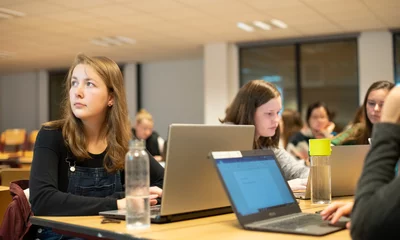
Teachers still need basic ICT skills as well as effective competences in the field of digital didactics. We research how you can consciously use ICT in the learning process, for instance based on the TPACK model. Or how you can use visual material to develop the historic thinking of students. The ART project makes European museums, religious and other cultural institutions accessible through VR. Additionally we work on (global) citizenship competences by means of interactive cubes.
Deliberately blended!

Blended learning is the future of education, and it is important to understand it. In this research line, we provide clear insights in what blended learning really means. How can this be applied in the teaching practice? The use of ICT tools as well as the design of activating physical contact moments, and especially their coherence are discussed.
Intelligent data systems
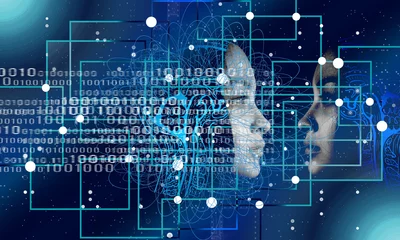
In this research line, we work on artificial intelligence in the teaching practice. How can we help teachers deal with this innovative technology? But students too must learn how to deal with artificial intelligence consciously and purposively. Banish? Or teach it responsibly, apply it, and communicate transparently about it? We choose the last.
Mediageletterdheid
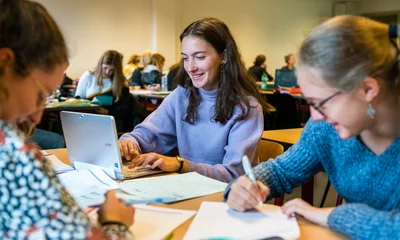
Deze onderzoekslijn wil leerkrachten en jongeren bewustmaken van het belang van media en hen weerbaarder maken tegen desinformatie door in te zetten op nieuwswijsheid.
Datageletterdheid
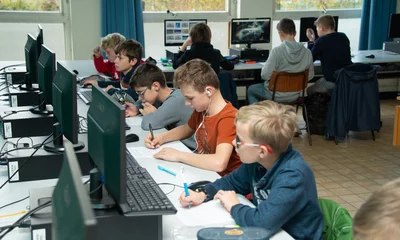
In dit onderzoek versterken we scholen om datagebruik bij leraren te stimuleren vanuit diverse praktijkvragen, zoals schooldata uit een schoolscan, uit Smartschool of gegevens uit de datawijzer van de inspectie.
More information?
